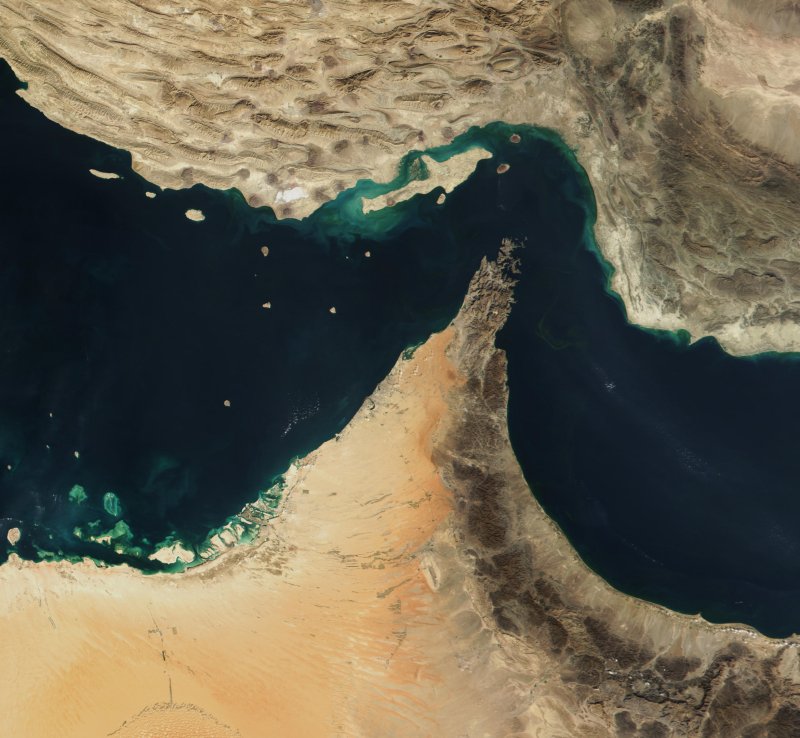
Introduction
The Strait of Hormuz is one of the world’s most critical maritime chokepoints, located between Oman and Iran. This narrow passage connects the Persian Gulf to the Gulf of Oman and the Arabian Sea, making it crucial for global energy trade. Approximately 20% of the world’s petroleum passes through the strait, highlighting its importance in international oil supply and economic stability.
The Vital Role in Global Energy Supply
Currently, the Strait of Hormuz is vital for oil-rich nations like Saudi Arabia, Iraq, Iran, and Kuwait, which rely on this route to export their petroleum to markets across the globe. Recent data from the U.S. Energy Information Administration (EIA) indicates that in 2022, around 17 million barrels of oil per day were transported through this waterway, emphasizing the strait’s role in supporting global oil supply.
Geopolitical Tensions
The strategic importance of the Strait has also led to geopolitical tensions, particularly between Iran and the U.S., and its allies in the region. Incidents involving naval confrontations or threats to close the strait have raised global oil prices and led to fears of potential supply disruptions. The ongoing military and diplomatic maneuvers have made the strait a focal point of international relations, particularly regarding energy security.
Current Developments
As of late 2023, the situation in the region remains tense but stable. Recent diplomatic efforts, including negotiations aimed at reducing tensions between Iran and Western nations, showcase an attempt to ensure that shipping lanes remain open. The importance of joint maritime security operations is being reiterated by the United States, which has called on global partners to enhance naval presence to secure safe passage through the Strait.
Conclusion
The Strait of Hormuz remains a pivotal geopolitical and economic zone that significantly affects global oil markets. As international diplomatic engagements continue, its future stability will be crucial for maintaining energy security and fostering global economic health. The implications of disruptions in this vital waterway extend beyond regional politics, influencing fuel prices and the overall economy worldwide. Consequently, it is essential for stakeholders to monitor developments closely, as the Strait’s importance in the context of international trade cannot be overstated.



